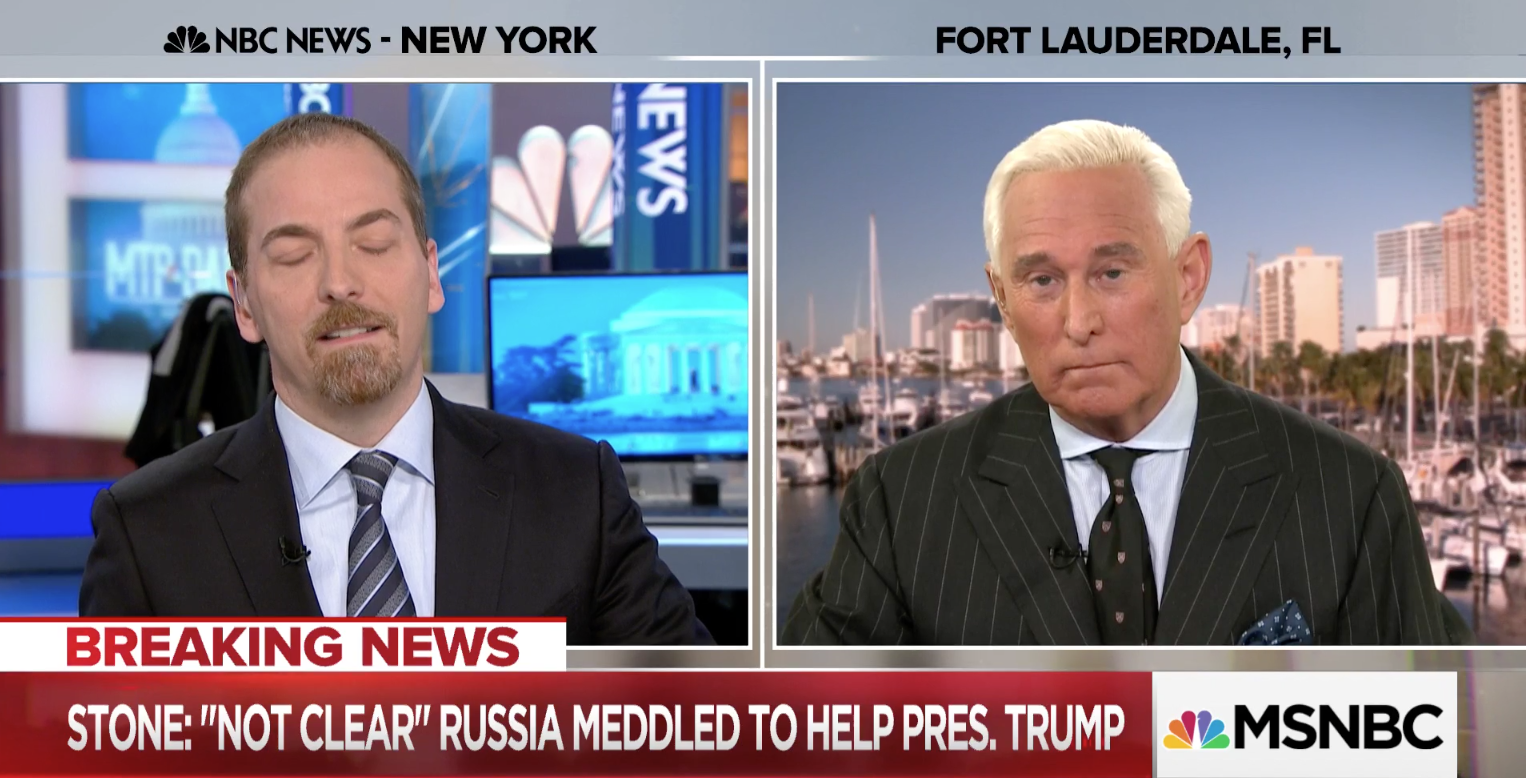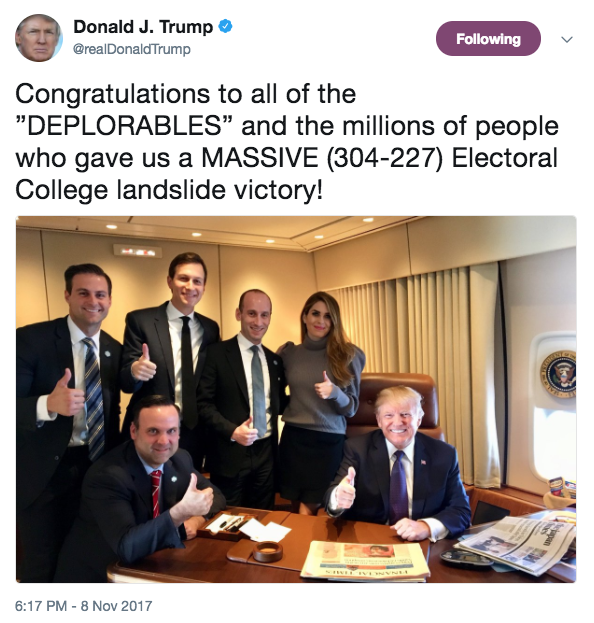Reality Winner: The Cost of Mounting a Defense Arguing the Government Overclassifies
In this Democracy Now appearance, Reality Winner’s mom, Billie Winner-Davis, suggested that, whereas her case had originally been due to go to trial next month, it now looks like it will stretch into 2019.
We do not have a trial date at this point. The trial was originally scheduled for October, and then it was pushed to March. But as of right now, we do not have a new trial date. So we don’t know when she will be—face the jury. What I’m being told is that it will be late 2018, if not early February 2019.
Earlier this week the two sides submitted a proposed schedule that shows even that may be optimistic. Because Winner’s defense wants to use classified information to argue the document she is accused of releasing is not national defense information, it has to go through the onerous Classified Information Procedures Act process (see this for a description of the CIPA process) to get that information approved for use in a trial. If I’m doing the math correctly, most optimistically the proposed schedule looks like this:
- March 30, 2018: Defense submits all proposed subpoenas
- April 30: Deadline for discovery, including remainder of government’s CIPA Section 4
- June 14: Government’s Rule 16 expert disclosures
- July 14: Defendant’s Rule 16 expert disclosures, if they already have clearance (former ISOO head, Bill Leonard, who is already serving as expert witness already has clearance)
- July 29: Defendant’s amended CIPA 5 notice
- August 13: Government’s supplemental Rule 16 expert disclosures due, government’s objections to adequacy of defendant’s CIPA 5 notice
- September 10: Government’ CIPA 6(a) motion
- October 1: Defendant’s response to government’s CIPA 6(a) motion
- October 15: Government’s reply to CIPA 6(a) motion
- October 21: CIPA hearing (this is where the two sides argue about what classified information the defense needs to make her case)
At this point, there would either be 42 days to argue about CIPA 6(c) motion (where the government proposes unclassified substitutes). If that happens, it will be 90 days until trial, meaning it would start March 1. If it doesn’t, then the trial would skip that 42 day process and presumably drop into very early 2019).
- Early January 2019 or March 1: Trial start
Again, this is a joint proposal, meaning the defense is on board with the long delay. Either they think they can win a graymail attempt (meaning the judge agrees they should get the classified information but the government refuses to provide adequate substitutes and so is forced to dismiss the case) or they believe they can make a case (with the help of Leonard) on the NDI claims generally. They may also anticipate that other events — the Mueller investigation, the congressional investigations into the Russian hack, state investigations, or more journalism — may make it clear how absurd it is to try Winner for information that has become publicly available as we have a public discussion about what the Russians did in 2016.
But if not, because (unlike most other people save Hal Martin recently charged under the Espionage Act) she will have been in jail for 19 months assuming an early January 2019 trial, or 21 months assuming a March 2019 trial. Winner is charged with one count of willful retention and dissemination of National Defense Information.
By comparison, Jeffrey Sterling, who was found guilty on nine counts, including five unauthorized disclosure counts, was sentenced to 42 months (the government had been asking for nine years, but Leonie Brinkema seemed to have reservations about the evidence behind a number of the guilty verdicts, and the sentencing came in the wake of the David Petraeus sweetheart two years of probation plea deal). Admittedly, the government piled on the charges in that case, whereas here they charged as one count things they might have charged as several (by charging both the leaks to The Intercept and WaPo, for example, or by charging her for not telling the full truth to the FBI). Nevertheless, Sterling was accused of exposing a critically sensitive program and an intelligence asset, whereas Winner is charged with leaking one document in an environment where very similar information is being leaked or released by multiple government sources.
Stephen Jin-Woo Kim, who pled guilty to one count of disseminating NDI pertaining to CIA resources in North Korea, was sentenced to 13 months.
This is the no-win situation Winner is in, trying to challenge her conviction after having been denied bail. Because of the way we deal with classified information, she’ll have served a likely full sentence by the time she gets to trial.
It still may be worth it. After all, if she wins at trial, she’ll avoid a record as a felon.
But the larger battle seems to be one about the ridiculousness of our classification system. As Leonard said (see PDF 99-100) in his declaration to explain why he was providing his services pro bono in this case, he believes the kind of overclassification of information that may be at issue here amounts to degrading the entire classification system.
My motivation for becoming involved in this case. was my concern for the integrity of the classification system. I strongly believe that classification is a critical national security tool and that the responsibilities of cleared individuals to properly protect classified information are profound. At the same time, government agencies have equally profound responsibilities and in this regard, I have long witnessed the over•classification of rnfonnation within the Executive Branch due to the failure of agencies to fulfill these responsibilities. In this way, the actions of agencies can actually undermine the integrity of the classification system in that to be effective, it must be used with precision. As Justice Potter Stewart said in the Pentagon Papers case, “when everything is classified, then nothing is classified … ”
[snip]
My involvement in [two prior prosecutions, that of Steven Rosen and Thomas Drake] confirmed for me the importance~ especially in criminal prosecutions, of not allowing representatives of the Executive Branch to simply assert that certain information is classified or closely held or potentially damaging if disclosed.
That is, Winner might prove a point: that this kind of information should be more accessible to the public.
But along the way she will have paid a very costly price.
Update, March 15: After two hearings, Magistrate Brian Epps cut two months off this schedule, setting Winner’s trial date for October 15. That will mean she will have been in jail over 16 months by the time of her trial.

![[Photo: National Security Agency, Ft. Meade, MD via Wikimedia]](https://www.emptywheel.net/wp-content/uploads/2017/08/NationalSecurityAgency_HQ-FortMeadeMD_Wikimedia.jpg)





